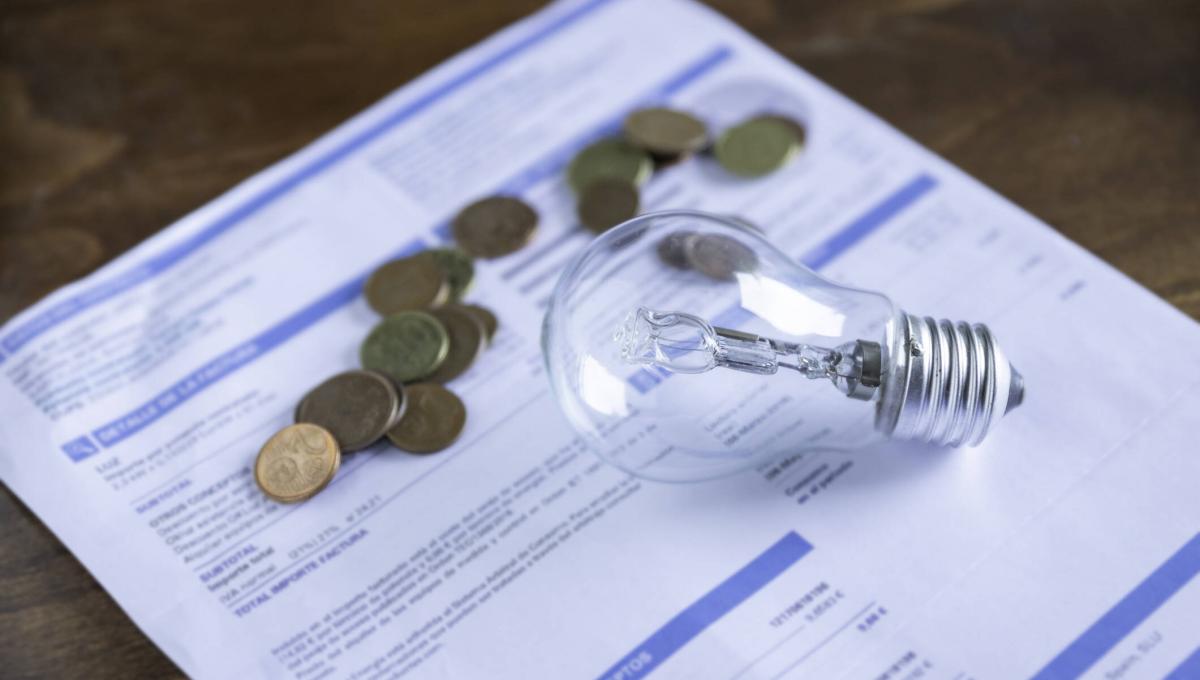Moving to a new state? From finding a place to live and hiring people to move in, to finding work and meeting friends, moving to a whole new city and state can be a daunting experience. With so much to do, it's easy to forget one of the most important (if not the most important) steps when moving to a new state: applying for a residence permit. Before, during, and after the move, this task should be a priority. To learn how to set up a residence permit for tax and personal reasons, read on.
Why your state of legal residence matters
Cutting ties with your former state and establishing residency in the new one is essential for a few important reasons. Without it, your ability to pay property and state taxes, vote, drive, pay in-state college tuition fees, attend a public school and so on may be hindered. And don’t forget, there could be penalties coming from the IRS and other government organizations for having dual residency.
The main reason for establishing residency in a new state
So why do you need to apply for a residence permit in a new country? The most important reason to get a residence permit after moving is for tax purposes. The state you think you live in should be the state in which you spend the most time. Many states require residents to be in the state for at least 183 days before they can claim to live there for income tax purposes. In other words, just changing your driver's license and opening a bank account in another state isn't enough. You will need to live there to be eligible for a tax season residence permit. Cause? Nine US states do not require residents to pay income taxes. These states are Alaska, Florida, New Hampshire, Nevada, South Dakota, Tennessee, Texas, Washington, and Wyoming. However, many residents of these states have second homes in places where residents pay income taxes (think Connecticut, New York, and California, where income tax rates are pretty high). In order for residents of these states to be exempt from state income tax, they must have resided in a US state that has not collected state income tax for at least 183 days. For example, New York snowbirds often make a second home in Florida and settle in the Sunshine State to avoid New York income taxes.
Other reasons for establishing residency in a new state
Other reasons to immigrate to a new state may include: state and business tax relief, tuition at a state university or college, state rotation voting where your vote is located. you are more efficient or move highly ranked public schools to another state . Another common reason is moving to another state in search of a new job. Perhaps you are speeding up your career or changing industries, or your employer is moving to a different location. Or maybe you are moving for personal reasons. It could be the desire to start a new life or improve the quality of life. Perhaps your nest is empty, you are about to retire, or you need a safer environment or a different climate.
15 steps to establishing residency in a new state
Do your diligence
As we mention in our Checklist for Moving Out of State – Moving to Another State, research as much as possible about your new city before you move. The internet offers a wealth of information these days about neighborhoods, from restaurant reviews to local businesses and recreational activities. If you can, visit the area in person to see what it’s like, drive around to get a real feel for the area and to speak to locals.
Find a new place to live in the new state
First of all, when moving to a new state, you will need to find a place to stay. Whether you are buying a detached house or renting an apartment, make sure you have a permanent address. Remember that OP Boxes don't count. At least a few months before moving, we recommend contacting a local real estate agent in your new state who can help you find a home, even if you're renting. You will need someone who is an expert on the housing market in the area to show you around. Realtors have in-depth knowledge of the market and can narrow down your search so you spend less time viewing homes and more time preparing to move.
Start packing
Moving to another state is a bit more difficult as the cost of long-distance moving will depend on the total weight of your belongings. The less you carry with you, the cheaper your travel will be. You can ease the burden by selling your items online or donating them. Once you've determined exactly what you want to bring, calculate the number of boxes you'll need to move using our handy packing calculator. Don't forget to label your box. Finally, pack your kitchen and all the other essentials as you will need them before you move out.
Change your mailing address and forward your mail
Once you’ve signed a lease or purchased a home, be sure to change your mailing address with the USPS. If you establish a new residence prior to moving, you can go ahead and begin forwarding your mail as soon as you like. To start forwarding all correspondence, simply go to USPS.com and choose the date you wish to begin forwarding your snail mail. You can set up a P.O. Box in your new state, temporarily or permanently. Check out Moving.com’s helpful guide to setting up a PO Box when you move.
Change your address with utility and insurance providers
Prior to the move, be sure to call all utility service providers to let them know about your upcoming change in address. You should be able to schedule turn-off dates for utilities such as cable and internet, water and sewer, gas, electricity, satellite, security system, trash and phone. Increasingly, you don’t even have to call and can make changes to your account online.
Make sure to also call your insurance provider to let them know about your change in address. When moving to a new home in a new state, we also recommend shopping around to compare rates from different home insurance providers.
Set up utilities in your new home
This step is equally important and should be done a few weeks before moving. To set up utilities in your new home, we recommend finding out who your new service provider is three to four weeks before moving in. You check your city and/or county website for information on utility providers. If you are renting, you can ask the owner. If you are buying a home, your real estate agent must provide this information. Contact the utility company two weeks before moving. It's easiest to just switch services, but if you need to set up a new service, you may have to check your credit and pay a deposit.
Change IRS address
When moving to a new state, be sure to update your information with the IRS as soon as possible. This will ensure that you receive all tax refunds and correspondence in a timely manner. Form 8822 allows residents to submit their new address at any time.
Find a new school if moving with kids
Moving with school-age children? It’s never too early to start thinking about schools in the new town. To find top-rated schools in your new neighborhood
Establish domicile
If you intend to make this new state your main residence, you’ll need to establish a legal domicile shortly after moving. In addition to completing these other steps mentioned, you may need to fill out an official “Declaration of Domicile” document declaring that your new residence is now your permanent home. States such as Florida, where people move for tax benefits, require that new residents fill out this document. Be sure to read up on your new state’s specific requirements for establishing a domicile.
Register to vote
Make sure you register to vote when establishing residency in a new state. To register, visit or call your local town hall for details. You may also be able to register to vote when applying for a new driver’s license at your local DMV.
Get a new driver’s license
Plan to drive? If the answer’s yes, then you’re going to need to get a new driver’s license. Fortunately, if you had one in your previous state, obtaining a new one shouldn’t be too much of a hassle. Make sure to research local requirements before heading to the DMV. Chances are good that you’ll need to bring your existing driver’s license, proof of residency (i.e. a water bill, etc.), social security card and other forms of identification. While you’re there, be sure to register your car and obtain a new license plate as well.
File taxes in your new state
It’s no secret that paying taxes is a tedious process and of course, moving only complicates matters. In order to establish residency in a new state, you’ll need to file your tax returns in that state. It may be a good idea to hire an accountant during the first year to help with the transition.
Update bank account information
In order to establish residency in a new state, you’ll need to update your bank account information and credit card billing addresses as soon as you move. You may also need to open a bank account with a bank in your new state. Some of it could be done online or over the phone.
Register your pet
Moving with a pet? Your new state may require that you register your animal and purchase a license within a month of moving. This is to ensure that the pet is up-to-date with shots and vaccines for public safety purposes. Be sure to check with your state for specifics on registering a pet when moving.
Let friends and family know you’ve moved
Finally, when establishing residency in a new state, it’s important to let friends and family know about your move. Fortunately, in today’s ever-connected world, it’s all too easy to contact loved ones. Simply send an email, make a Facebook post or mail an official moving announcement after the move.
Helpful Articles
Preparing for a Commercial Move
Why You Should Work With a Mover
Use a Mover Using Newer Software
Moving Software
The revolution of moving software



